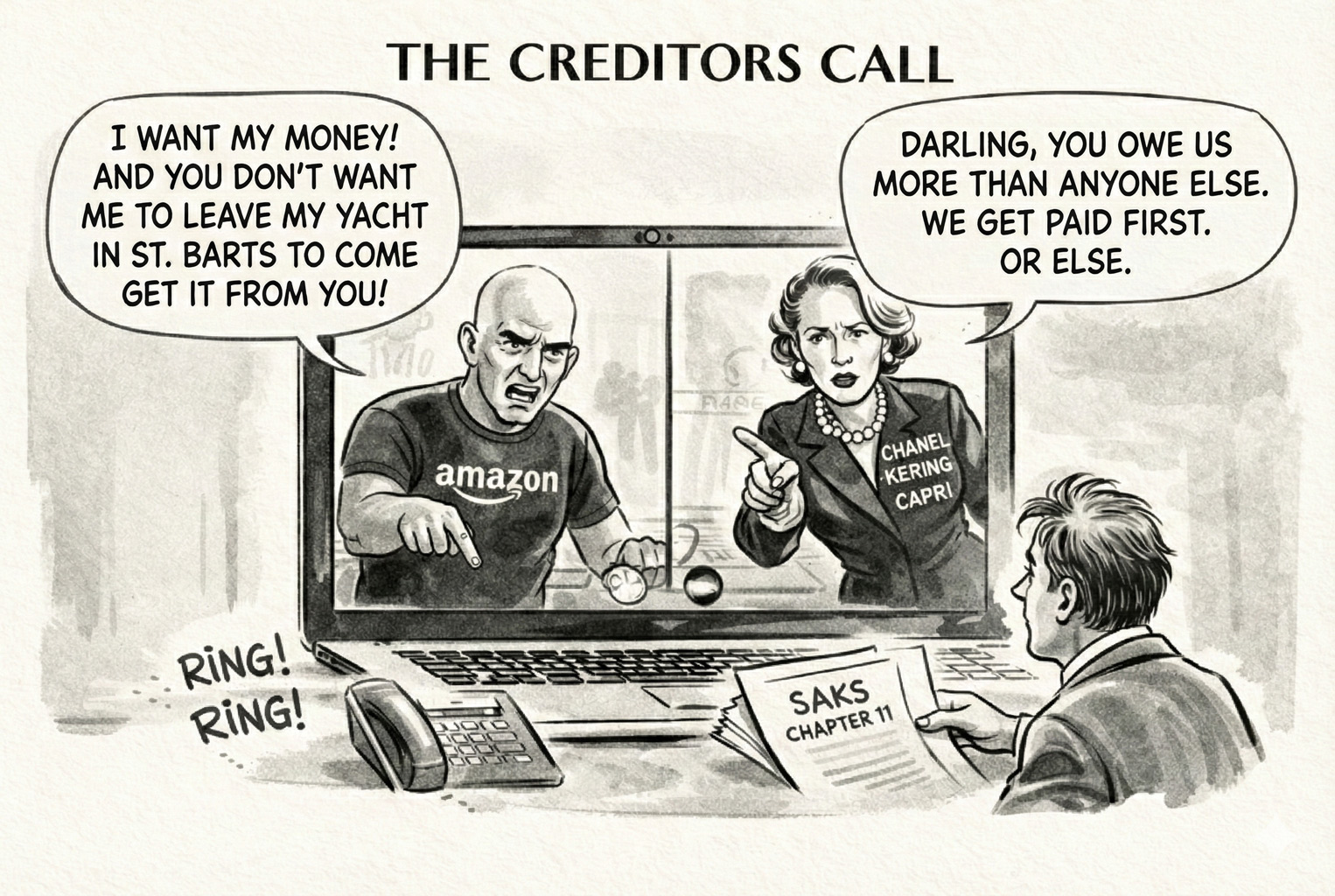
The Solution for Scams: Being “Above Reproach”


Welcome to Friday, futurists.
I never thought I’d say it, but maybe the “Mike Pence rule” has a novel use — defeating misinformation (you may now cringe).
This week, YouTube star and Willy Wonka Wannabe, Jimmy Donaldson (aka MrBeast) put out a notice—TikTok ads deepfaked his likeness as a scam—promising an iPhone 15 giveaway to 1000 supposed winners.
MrBeast took to social media to warn his viewers. It was a fake; many pointed out that Jimmy wouldn’t use paid advertising to reach his audience, especially on a channel like TikTok.
Still, people fell prey to the scam. Why?
For one, disinformation is harder to spot in the sphere of Commerce than in other spheres of influence, like politics and celebrity gossip. We’re better equipped to recognize sensationalism when it comes to politics, especially following the events of the 2016 Trump election and the role that social media disinformation has played in the public discourse since.
As we wrote in the September 22nd edition of The Senses:
A discerning eye, and a bit of skepticism, might make you question the reality of political or social disinformation in a deepfake. In the case of the [deepfaked livestream influencer], you’d never even know it was fake; because you had no cause to be suspicious.
Before algorithmic timelines, internet scams used a technique called “inherent obviousness” to target easily mislead individuals — think “Nigerian Prince”-style scams — by including misspelled words and poor grammar.
A filtering-by-incompetence strategy makes the scam appear obvious to some while cloaking it to others. The scammer’s message self-selects for the most vulnerable targets, as those who respond despite the errors are more likely to fall for the scam in its entirety. (If only enterprise software sales teams had a way to disqualify bad targets, amirite?)
Donaldson’s deepfake debacle is an evolution of the scam. Those who cannot recognize deepfakes are more prone to fall for the scam. And on a deeper, psychological level, those who look up to MrBeast may suffer from cognitive dissonance around Donaldson’s altruism — because this is exactly the kind of stunt that Jimmy would pull.
We’ve seen this before. In February, a deepfaked ad featuring Andrew Huberman and Joe Rogan’s likenesses circulated on TikTok. In the ad, Huberman is seen endorsing a dietary supplement—something that would be wildly out of character for the well-known neuroscientist.
In my days as a young seminary student, I can’t tell you how many times I heard the imperative to be “above reproach”—to be so virtuous and ethical that you cannot be criticized or faulted for impropriety.
The phrase comes from the New Testament, in the Apostle Paul’s letter to Titus, where he presents a “one weird trick” for reducing friction in the life of a leader in the early days of the Church:
For an overseer… must be above reproach. He must not be arrogant or quick-tempered or a drunkard or violent or greedy for gain, but hospitable, a lover of good, self-controlled, upright, holy, and disciplined.
Jimmy’s YouTube content consists primarily of his gifting strangers with money, cars, and even iPhones around Halloween-time. Recently, it has taken a darker turn. He is presently confining someone to a grocery store, paying them $10,000 per day; and he announced a video where he will be locking two people in a room for 100 days.
It’s difficult, then, to read an iPhone 15 giveaway as out-of-character. Depending on your reading of the text, MrBeast may or may not be “above reproach.”
So let’s shift to solutions — what could prevent this type of trickery? If you said NFTs, hush. This isn’t the time.
We don’t currently have the technology or human-assisted content moderation safeguards in place to spot the content at the source — the moment of the upload. In the meantime, Jimmy may have to alter his content strategy if he’s to avoid some of these types of scams.
Of course, altering behavior has its own problems. A rather famous, and problematic, example of radical “above reproach” behavior is Vice President Mike Pence’s policy of not dining alone with a woman other than his wife; or attending events where alcohol is served without her by his side. The policy has been frequently discussed, and ridiculed in the media.
A deepfake of Pence dining alone with a woman would make for a juicy headline, but it may also be met with additional sketpicism and scrutiny, given his very public stance to avoid any appearance of impropriety — being “above reproach.”
Until we as a culture develop a keen eye for deepfakes, the best solution is for potential deepfake targets to alter their behavior. A scam that has a celebrity acting in an unbecoming manner, or outside of their character, is more likely to be spotted as fake.
If deepfakes are serving up a buffet of deception, perhaps it's time we all took a cue from Pence and became pickier about who we’re dining with.
— Phillip
P.S.S. No news stories this week, futurists. We’re hard at work on our Art Basel event — join us December 6-8 in Miami Beach for MUSES: A Future Commerce event for eCommerce and Brand leaders.
P.S. We dive deeper into this phenomena this week on the podcast — our newest episode “I Do Not Consent To Your Livestream” is now available, covering new launches by Meta and developments by OpenAI. PLUS: Star Wars did what??? Listen now.















.svg)
